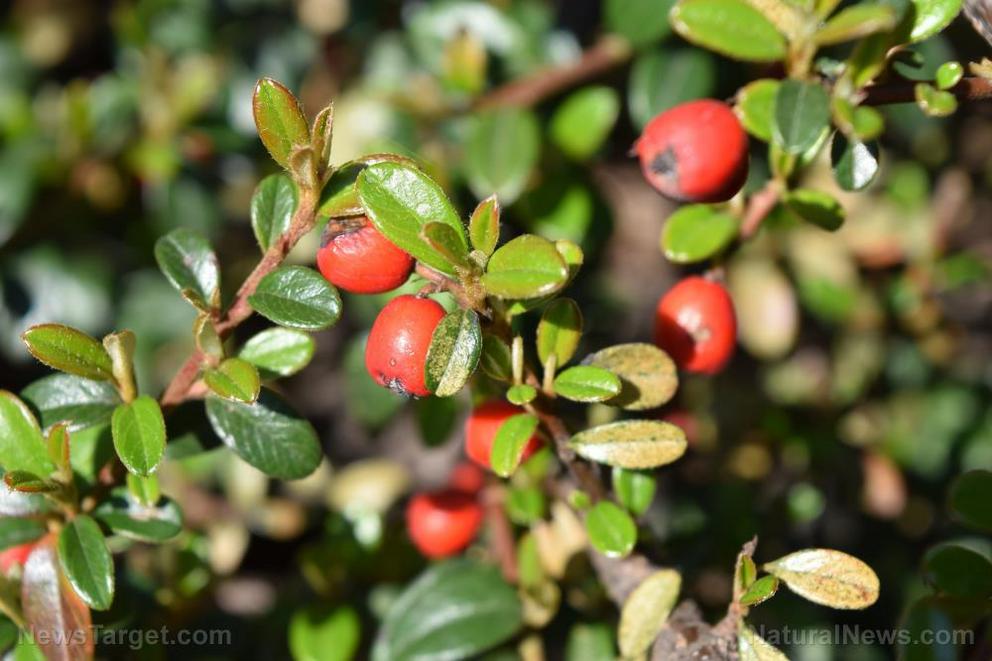Berberine a ‘multipotent’ therapy for reducing risk of Alzheimer’s disease
Researchers from Hong Kong and Macau conducted a systematic review to evaluate the neuroprotective effects of berberine. Their article was published in the journal BMC Complementary and Alternative Medicine.
- Alzheimer’s disease (AD) is a complex disease driven by multiple factors.
- Therapeutic strategies based on decreasing the amount of B-amyloid in the brain have failed in clinical trials, suggesting that AD therapy should not be focused on addressing a single cause, but rather a number of different pathways that lead to the disease.
- Berberine, an alkaloid derived from various Berberis species, is widely used in East Asia to treat a wide range of health problems.
- Recently, studies have reported that berberine has neuroprotective effects on AD animal models.
- However, no clinical trial has been carried out to test these effects.
- For their pre-clinical trial review, the researchers searched five online databases for publications reporting effect of berberine treatment on animal models of AD.
- They found 15 papers published no later than March 18 that fit their criteria.
- After analyzing data from those studies, the researchers reported that in multiple animal models with memory defects, berberine showed significant memory-improving activities.
- These activities were mediated by different properties, including anti-inflammatory, antioxidant, cholinesterase-inhibiting and anti-amyloid activities.
Based on their findings, the researchers concluded that berberine is a promising multi-potent agent against Alzheimer’s disease.
Read the full study at this link.
Journal Reference:
Yuan NN, Cai CZ, Wu MY, Su HX, Li M, Lu JH. NEUROPROTECTIVE EFFECTS OF BERBERINE IN ANIMAL MODELS OF ALZHEIMER’S DISEASE: A SYSTEMATIC REVIEW OF PRE-CLINICAL STUDIES. BMC Complementary and Alternative Medicine. 23 May 2019;19(1). DOI: 10.1186/s12906-019-2510-z
For full references please use source link below.

